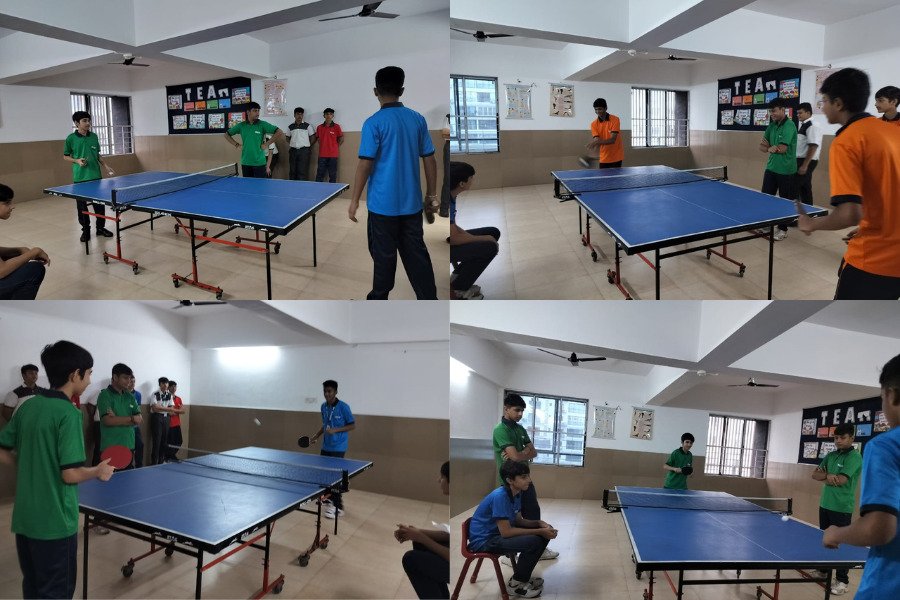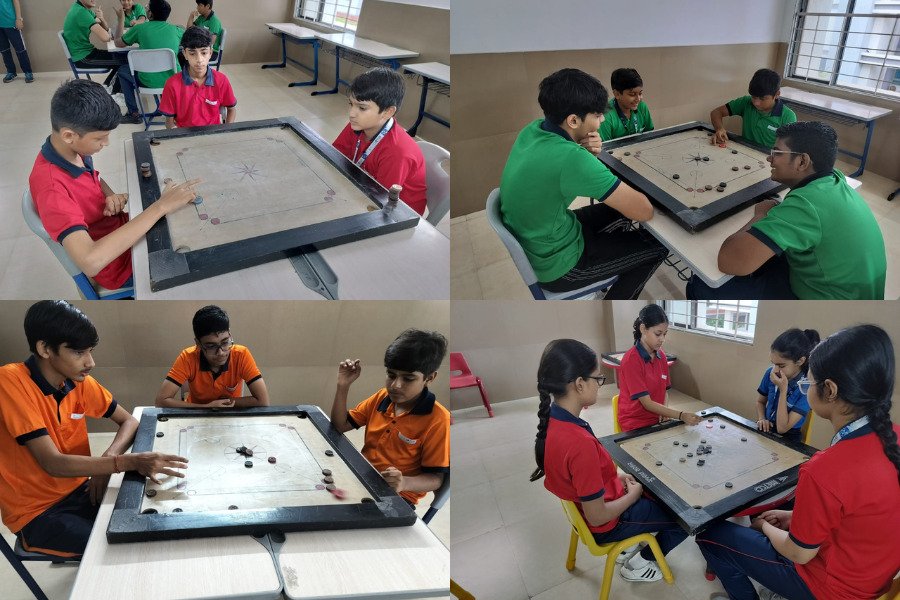By Hitesh Patel
April 5: It is rightly said that family is the first school of any child. It is home where the child takes his baby steps into the world, where he learns to sit, walk, speak, and much more. Home is where the child’s initial development takes place, long before he becomes old enough to go to school.
Our ancient texts stress the influence of the family, especially the mother, on children’s learning. It is said for good reasons that Mata prathamo Guru (Mother is the first teacher). Still, the challenge is not teaching children at home, but teaching what. In today’s hyper-competitive age, a lot of stress is given to scoring high marks. Parents pressure children from a very young age to score high marks, but experts the world over have been saying that education should not be limited to teaching Maths, Science, English, or any other subject, but should also encompass life skills and character building. These are important measures of overall development.
At the schools I am associated with, our message to parents is very clear. Do not pressure your child to score 100% in maths. Teach the child to budget his expenses, how to transact at shops, the importance of saving, etc. – things that will be handy to him when he grows up and steps into the world on his own.
We also tell parents that they shouldn’t fret if the child does not remember world history. Knowing the family history, especially the medical history, is something that will help him more going ahead. We tell parents not to take these things lightly because the ultimate goal of education is to prepare for the outside world, where plenty of life’s challenges await him. If a child is not taught how to deal with these challenges, there is no use of formal education in Maths or Science or any other subject.
Home is also where a child’s outlook towards life takes birth. Their tender minds can be shaped in the desired way. Besides teaching them the importance of time and money, the other significant teachings at a young age should be restraint and self-discipline or self-control, if we may call it, and being single-mindedness or focused. These are essential qualities that must be nurtured and inculcated in every child. The focus must be on teaching him to be good by imparting moral education. Society and the world need more good people than scholars.
Parents must also strive to inculcate discipline with regard to food in the child. The child must be encouraged to eat the food cooked at home with willingness and on time.
Another area that many parents can do more is by changing the child’s outlook towards work. Why I am stressing about work or activity-oriented education is that today’s children are much more pampered than the previous generations. Parents do not let children do any chores. Making them contribute to even the smallest works at home will hold them in good stead in the long run, and they will not feel out of place outside the comfort of their homes. My sincere advice to parents is that they must teach the child to work, cultivate positive thinking towards work in the child, and teach him to respect work.
Many parents I interact with argue that they have faced a lot of struggles, and they don’t want their child to experience the same. But, what they don’t realise is that dealing with struggles and overcoming them are an important part of overall development. Still, we are seeing a change in the outlook of many parents. The change may be slow, but it is surely happening.
(The author is a well-known business coach, a successful entrepreneur, and educationist from Surat)







More Stories
Blue Day Celebration at White Lotus International School: Teaching Kindergartners the Importance of Conserving Water and Nature
‘Investiture Ceremony’ organized in G. D. Goenka International School, Surat
Declared Holiday Due to Heavy Rainfall in Saurashtra and South Gujarat